European nationalism English Puritanism and nationalism. European nationalism in its modern sense was born out of the desire of a community to assert its unity and independence.
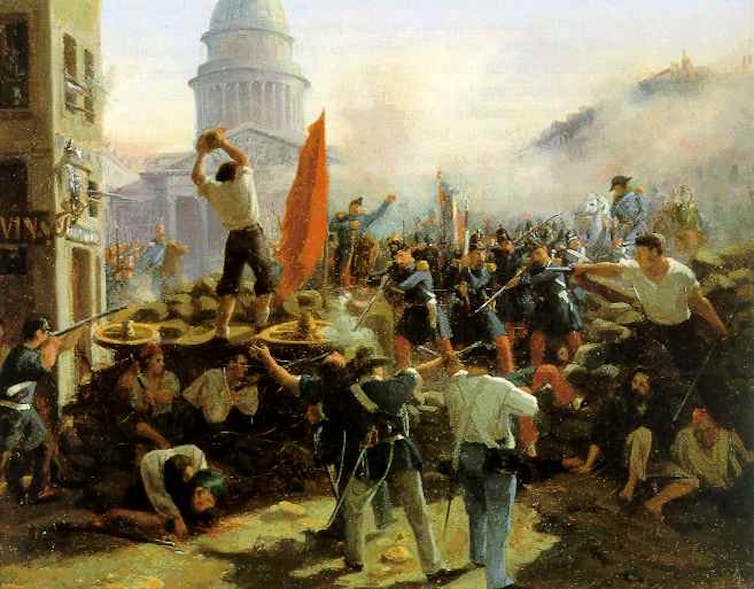 How National Stereotypes Killed The European Dream Of 19th Century Philosophers
How National Stereotypes Killed The European Dream Of 19th Century Philosophers
This statement may sound provocative -- positing the state as a substitute for a God whose influence was waning -- but in reality it is possible to understand nineteenth-century nationalism in Europe as fundamentally a replay of earlier religious phenomena.
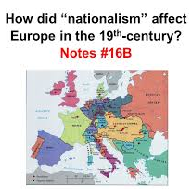
Nationalism in 19th century europe. The Austrian Empire ruled over a diverse population of Austrians Slovenes Hungarians Germans Czechs Slovaks Croats Poles Serbs and Italians. The armys slogan was liberty equality and brotherhood and their ideas were based on liberalism and national identity. The 1848 revolutionary wave.
Nationalism was a unifying force for some in 19th century Europe. Nationalism in the 19 th century was greatly influenced by imperialism. Because of common national-identity various small states were united and transformed into a Country such as Germany and Italy.
How did nationalism shape Europe in the 19th century. Progress and Development of the concept of modern nation state became easier by French Revolution. The first full manifestation of modern nationalism occurred in 17th-century England.
In the 19th century an idea of romantic nationalism moved the continent of Europe changing countries of the continent. Sentiment of Nationalism in the first half of the 19th century Nationalist groups became increasingly intolerant which leads to war. Source of nationalist tension in Europe was the area called Balkans.
Between the years of 1850 and 1914 the establishment of nation-states gained the support of all social classes. Because of common national-identity various small states were united and transformed into a Country such as Germany and Italy. Progress and Development of the concept of modern nation state became easier by French Revolution.
As superior powers such as Britain extended their territories the local communities saw the need to unite and fight for a common cause of delivering themselves from the imperial powers. European nationalism in the nineteenth century seems to have picked up where religion had left off centuries before. Finally defeat him at the Battle of Waterloo in 1814 and exiled him to the island of Helena.
It was a unifying force to some in 19th century Europe yet it was a dividing force to others in the 19th century but nonetheless it both unifies the similar and separates the different in the United States of America today. Progress and Development of the concept of modern nation state became easier by French. In 19th Century Nationalism played very significant part in the progress of Europe.
Major European powers manipulated the nationalist aspirations to further their own imperialist aims. Nationalism in 19th Century Europe Background Napoleonic Wars The leaders of Europe had to coalesce to defeat Napoleon I twice. In 19th Century Nationalism played very significant part in the progress of Europe.
Jean-Jacques Rousseau had prepared the soil for the growth of French nationalism by his stress on. Because of common national-identity various small states were united and transformed into a Country such as Germany and Italy. The focus is upon the German Italian and Polish cases and the role played by nationalist ideas sentiments and above all movements in the different paths to nation-state formation.
In 19th Century Nationalism played very significant part in the progress of Europe. There are brief comparisons with other nationalist movements in nineteenth century Europe. Nationalism became the foundation with which western societies were organized.
Nationalistic Movements in Europe During the 19 th Century Nationalist uprisings in the Austrian Empire- 1848. Nationalism affected Europe during the 19th century by making Europeans feel superior to other countries and governments which led to the unification of both Germany and Italy with Russia moving towards modernization and with France moving towards liberalism. Imperialism is attributable to various factors.
As the 19 th century went on more of these people would demand self-rule. Because of common national-identity various small states were united and transformed into a Country such as Germany and Italy. Nationalism is a double-edged sword.
In the 19th century there began a determined struggle to realise nationalist aspirations. In 19th Century Nationalism played very significant part in the progress of Europe. This was the time when political transformation of Europe was started.
During the era of industrialization and urbanization in Western societies nationalism emerged as one of the most successful political forces.
 War Gender And Nation In 19th Century Europe A Preliminary Sketch Mark R Stoneman
War Gender And Nation In 19th Century Europe A Preliminary Sketch Mark R Stoneman
 The Role Of Nationalism In Shaping 19th Century Europe My Best Writer
The Role Of Nationalism In Shaping 19th Century Europe My Best Writer
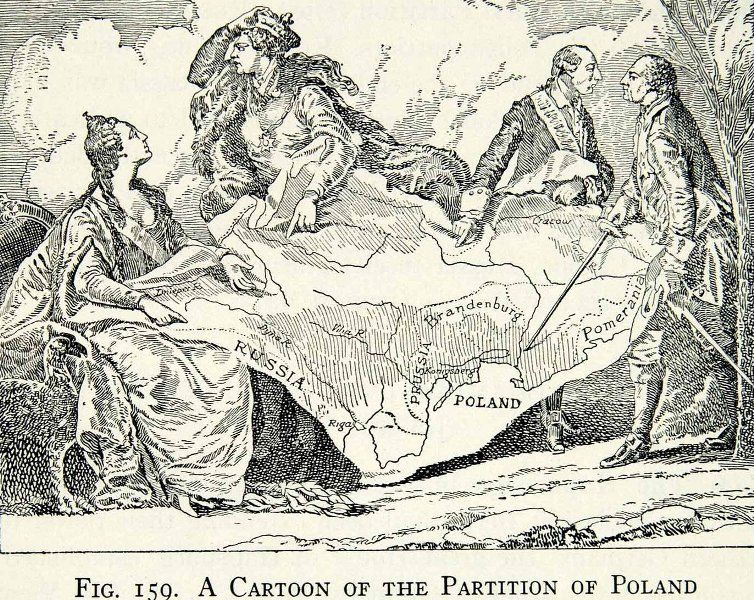 The Rise Of Nationalism In Europe Studiousguy
The Rise Of Nationalism In Europe Studiousguy
 Nationalism Working Group The Notebook Of The Nationalism Working Group At The European University Institute
Nationalism Working Group The Notebook Of The Nationalism Working Group At The European University Institute
 The Rise Of Nationalism In Europe Is Similar To A Debate Between Philosophers In The 19th Century
The Rise Of Nationalism In Europe Is Similar To A Debate Between Philosophers In The 19th Century
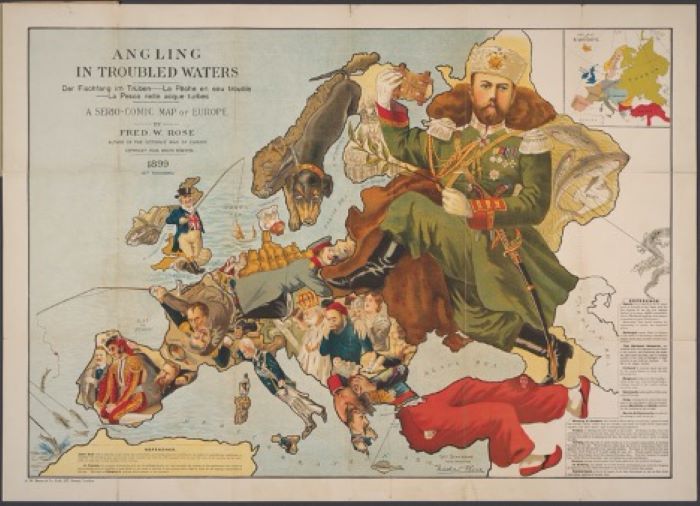 Read Origins And Impacts Of Nationalism Article Khan Academy
Read Origins And Impacts Of Nationalism Article Khan Academy
 19th Century Nationalism Ppt Video Online Download
19th Century Nationalism Ppt Video Online Download
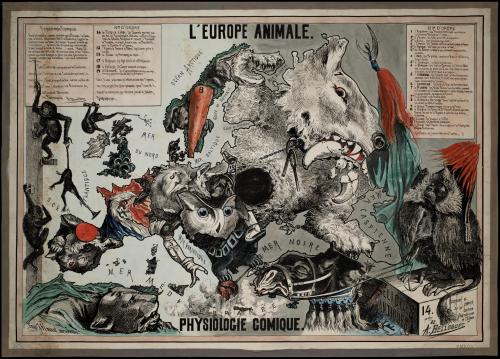 Nationalist Discourses On Art During The Nineteenth Century Ehne
Nationalist Discourses On Art During The Nineteenth Century Ehne
